Coronavirus In Cats Treatment

A drug used to treat a type of coronavirus that only affects cats could be the key to treating COVID-19 the human coronavirus spreading across the world.
Coronavirus in cats treatment. Researchers at the University of Alberta have shown that a drug used to treat deadly coronavirus infections in cats could potentially be an effective treatment against SARS-CoV-2 the virus behind the global coronavirus. Retromad1 has been used in Singapore to treat the deadly virus in cats. Instead contact the veterinarian.
Black market cure for cats with feline infectious peritonitis is illegal but is saving thousands of lives I didnt even know about FIP and 24 hours later Ive got these meds in. University of Alberta researchers worked with SLAC X-ray scientists to explore the potential of a feline coronavirus drug that may be effective against SARS-CoV-2. Vaccination would be the treatment.
Isolate as much as possible to prevent the virus from spreading. Supportive care may be needed in severe cases. Treatment if required is symptomatic and supportive ie fluid therapy oral electrolyte solutions antiemetics.
Petplan is proud to be the first pet insurance provider to cover coronavirus for cats and dogs. Given the lack of transmission there are currently no plans to vaccinate cats against COVID-19. Preliminary studies suggest that two drugs that can treat an almost always fatal coronavirus disease in cats might also be effective against the human coronavirus responsible for the pandemic.
Feline infectious peritonitis FIP is a viral-induced immune-mediated disease of cats caused by virulent biotypes of feline coronaviruses FCoV known as the feline infectious peritonitis virus FIPV. In the field setting cats have shown clinical signs of disease including respiratory and gastro-intestinal signs. Preventative treatments are recommended to avoid the spreading of this disease.
As a precaution it is advised that owners should. Wash their hands thoroughly with soap and water before and after handling their pet or when touching their food or bedding. Feline enteric coronavirus that infects the intestines and feline infectious peritonitis virus that causes the disease feline infectious peritonitis.

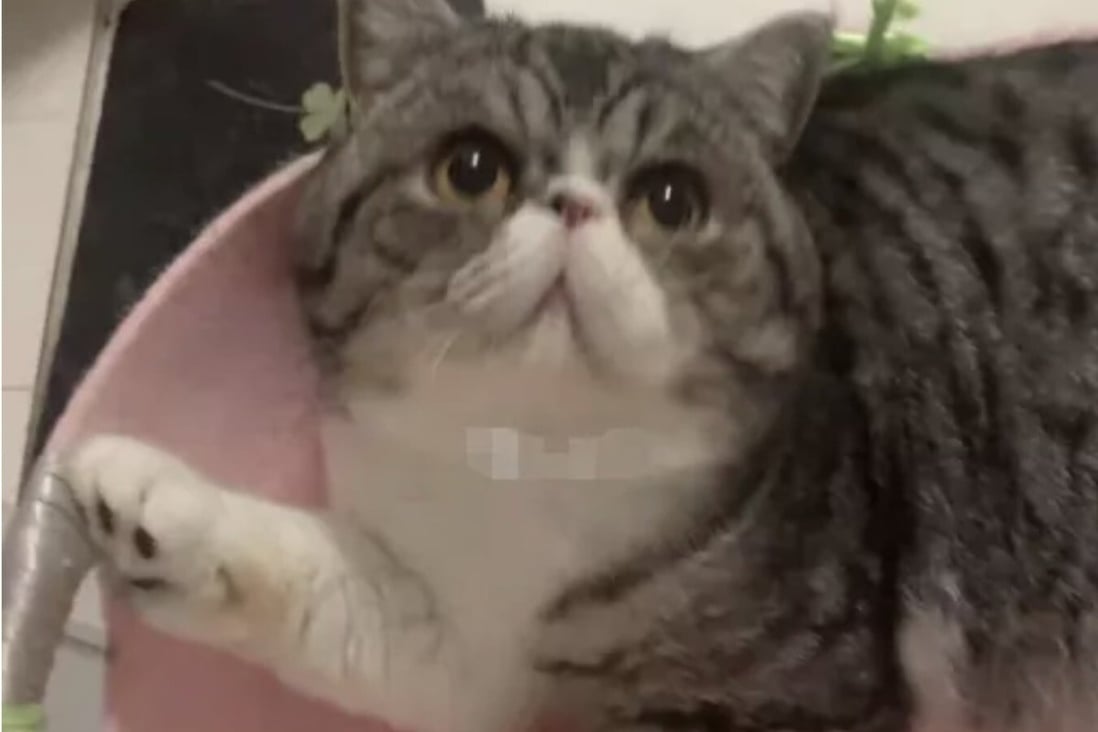
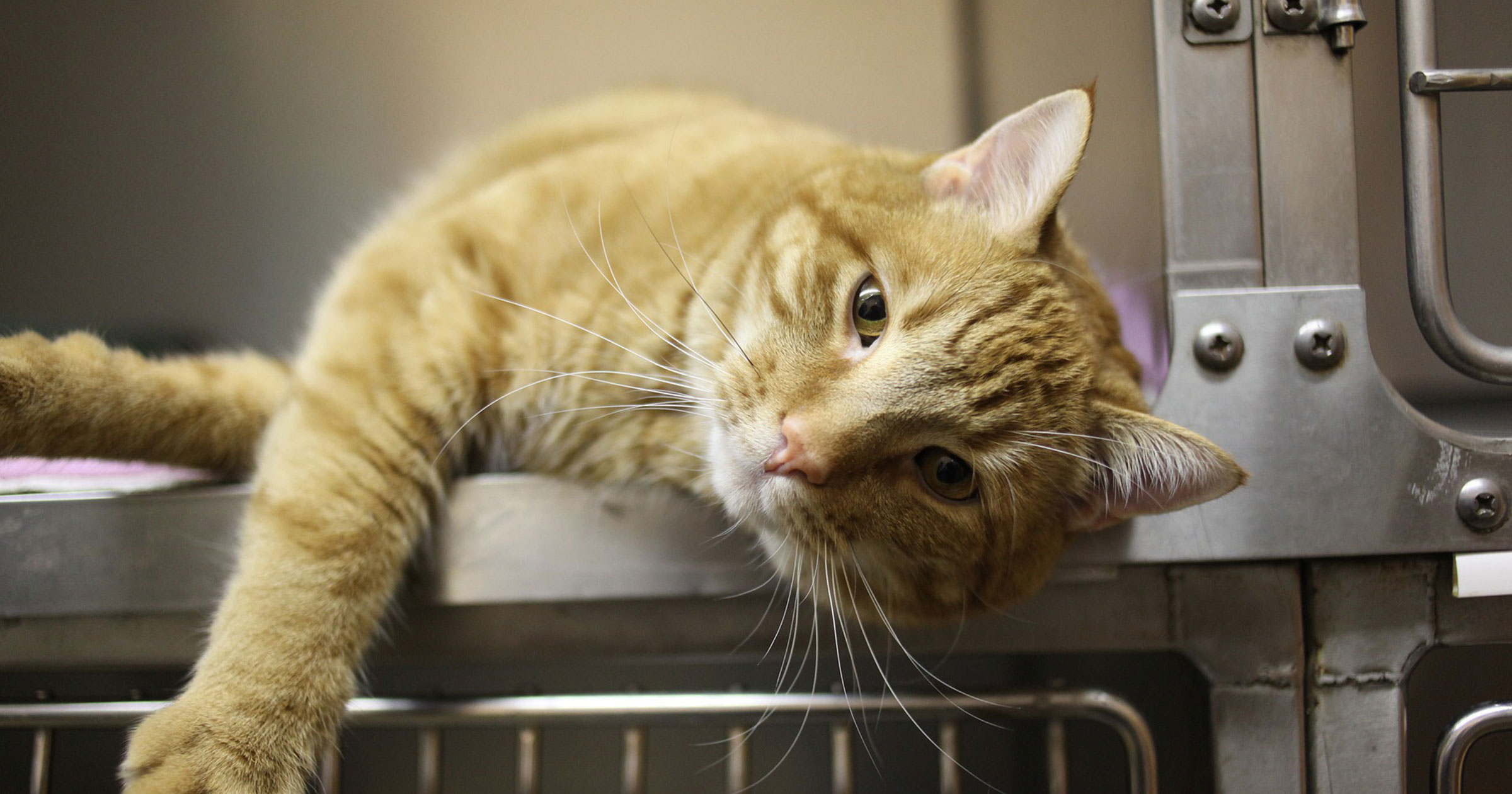

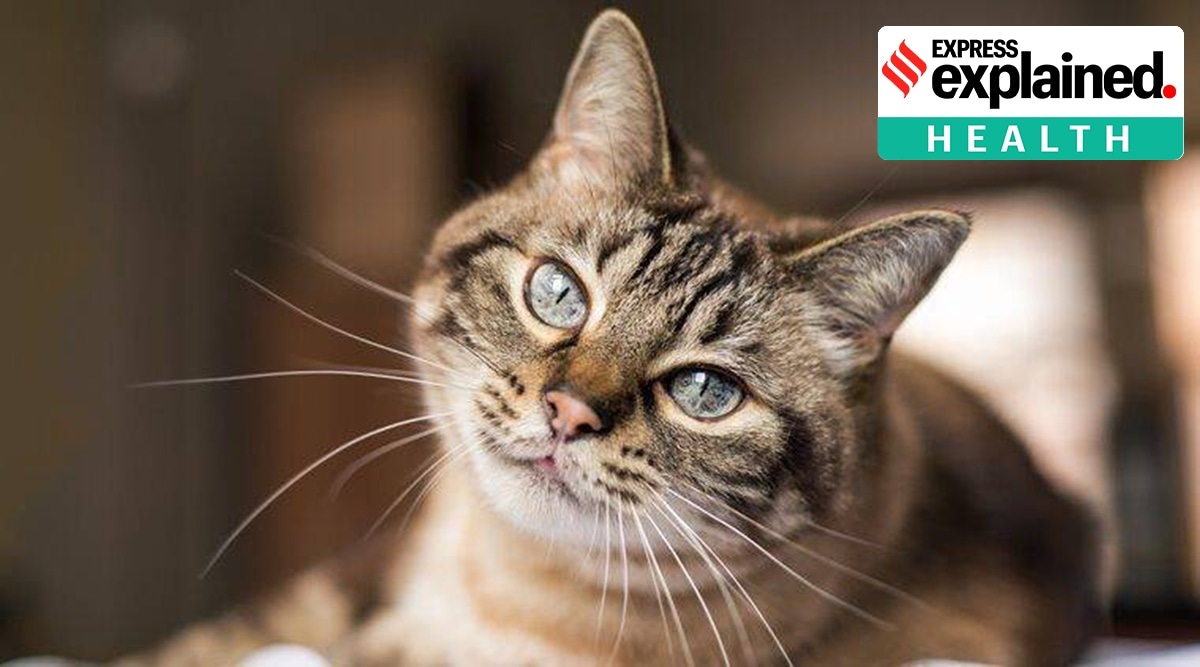
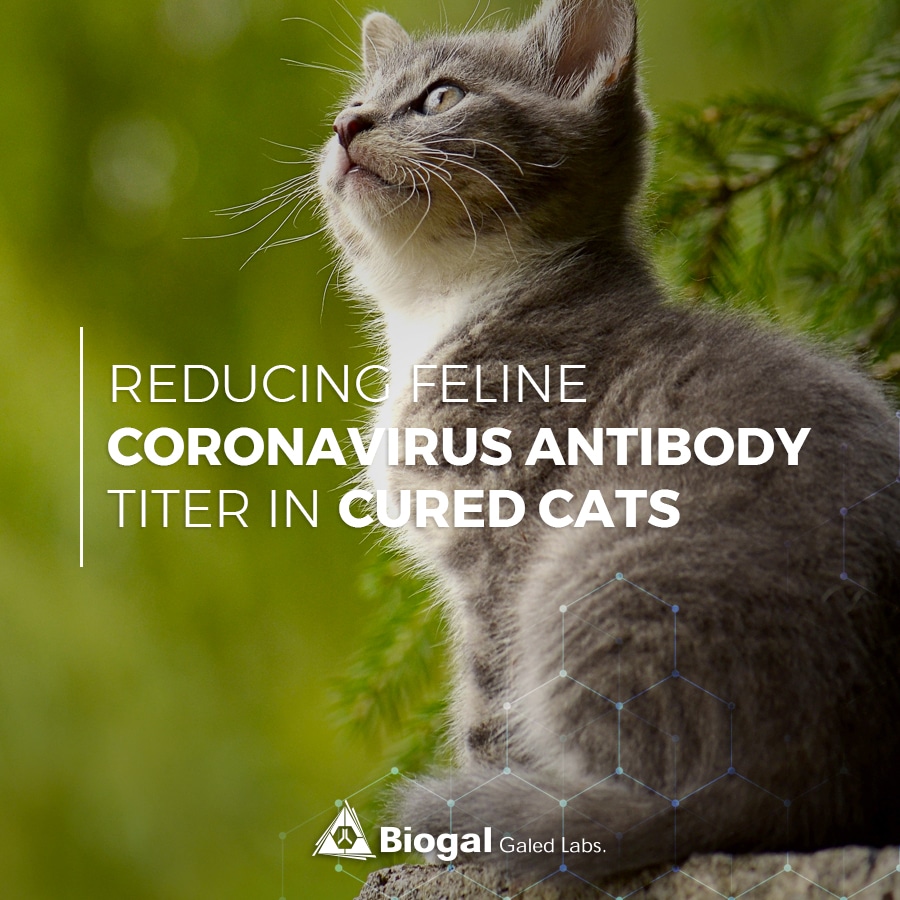
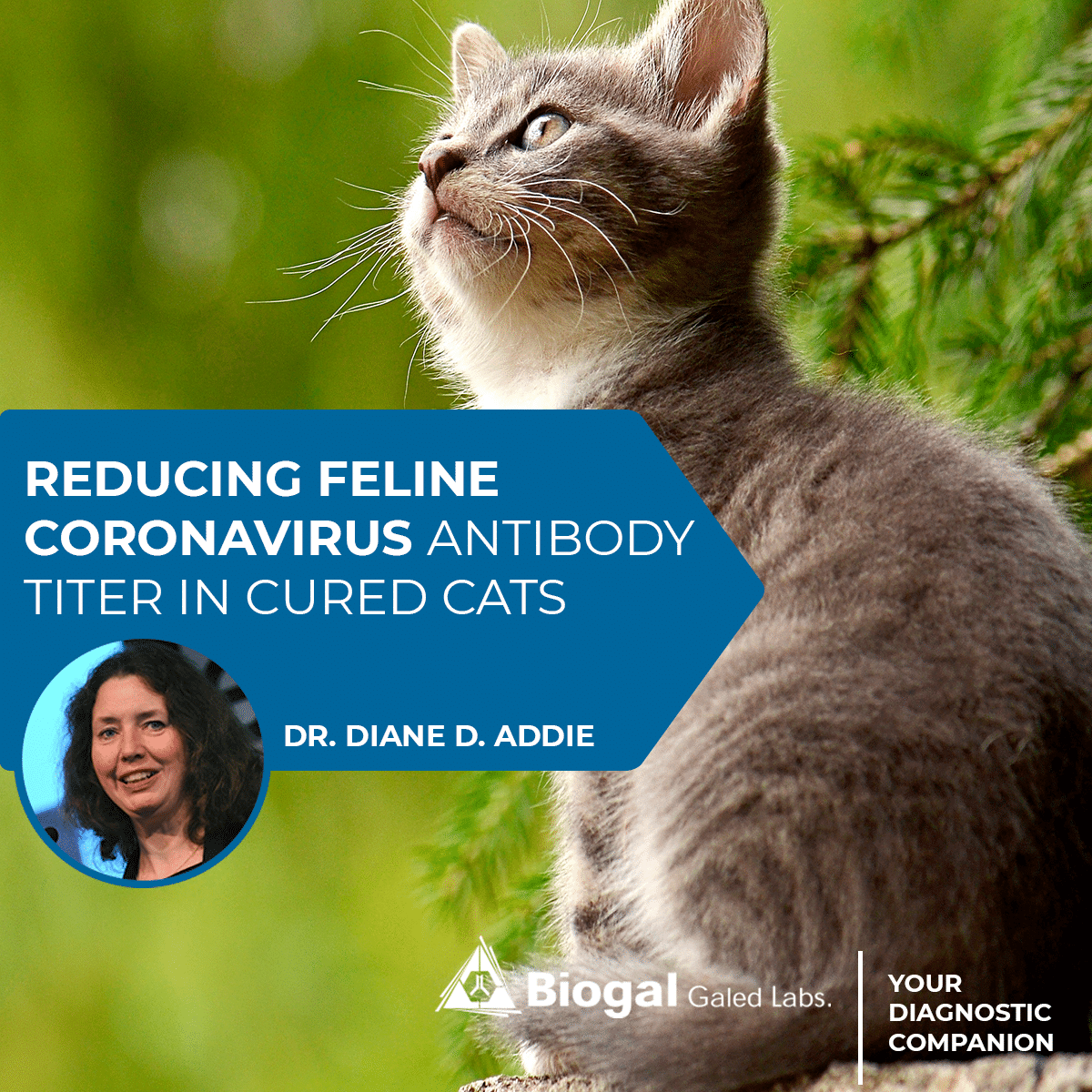
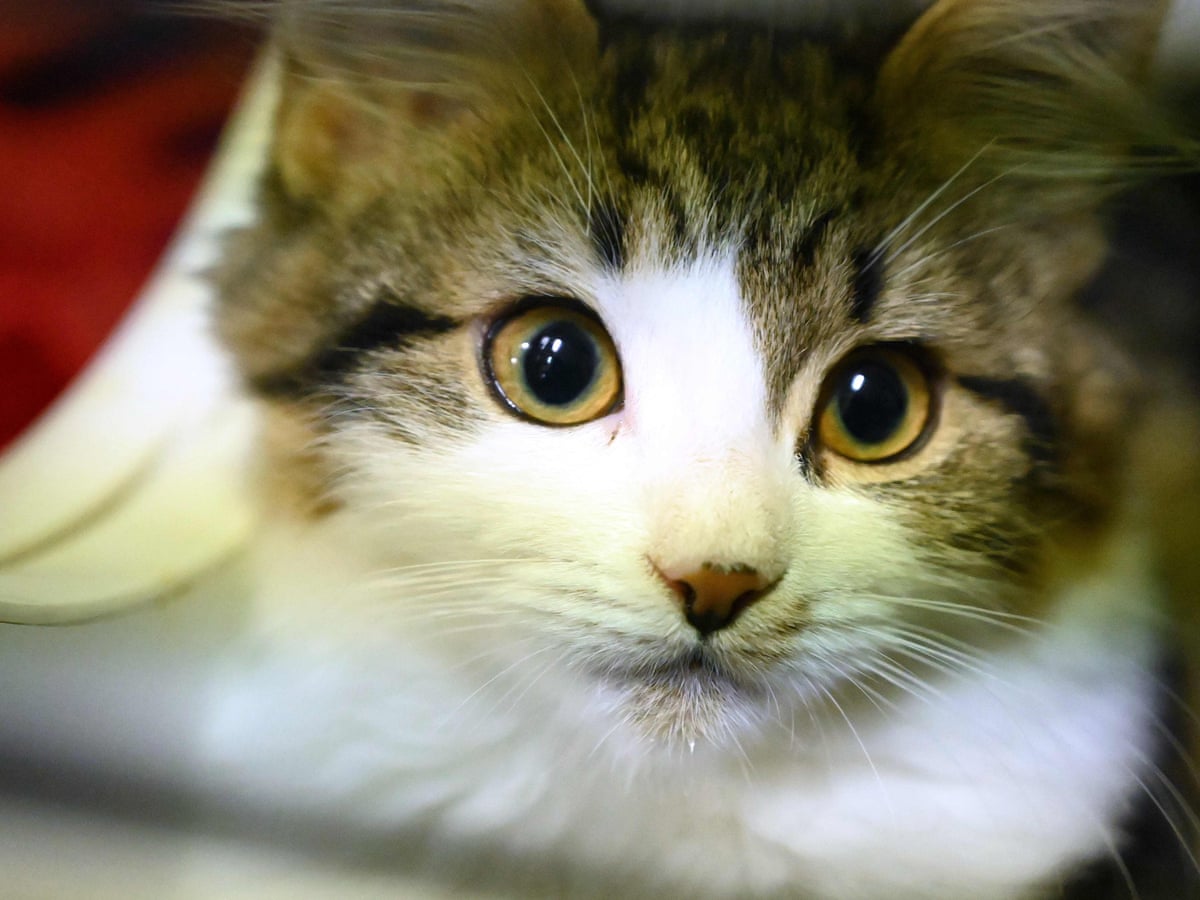
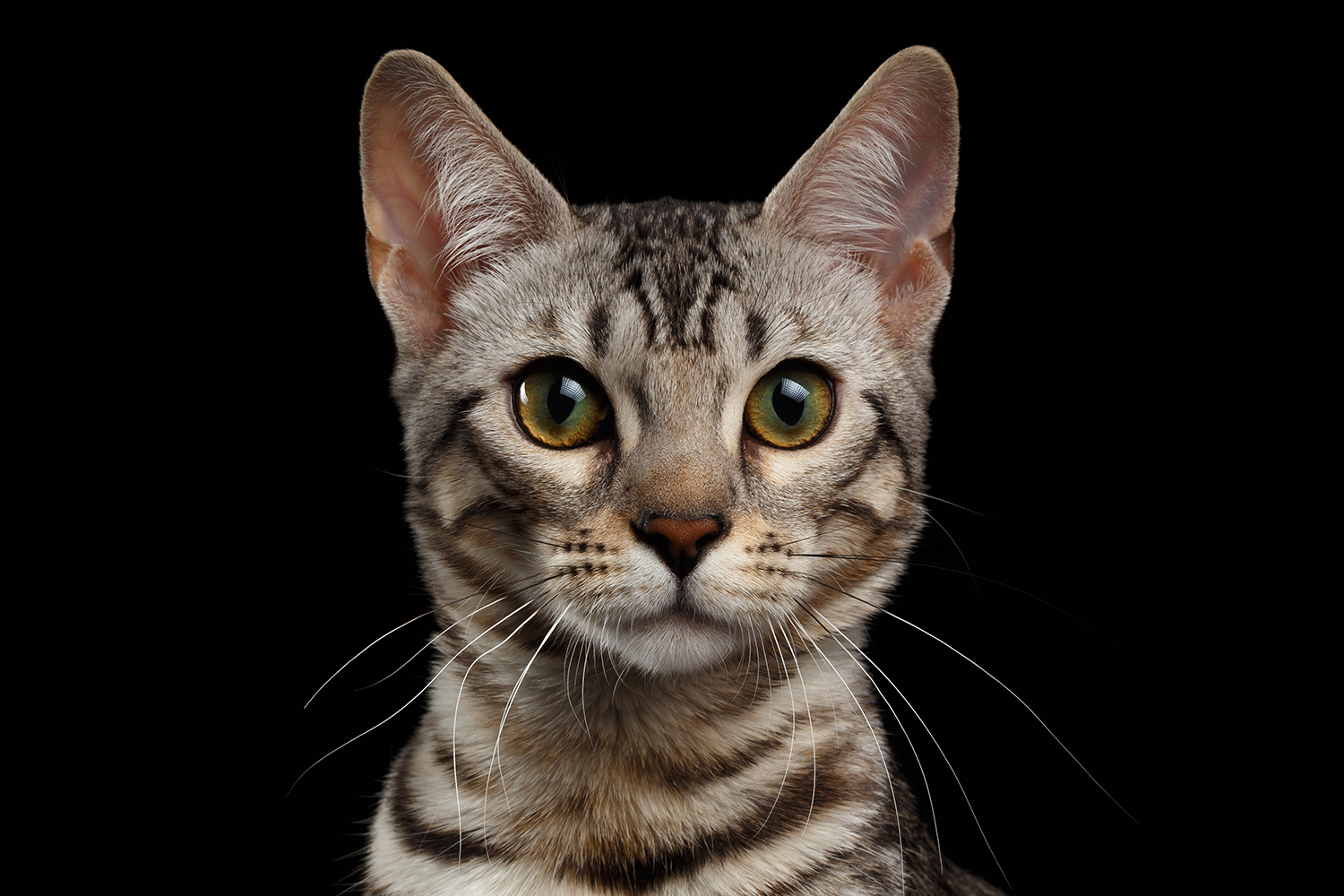
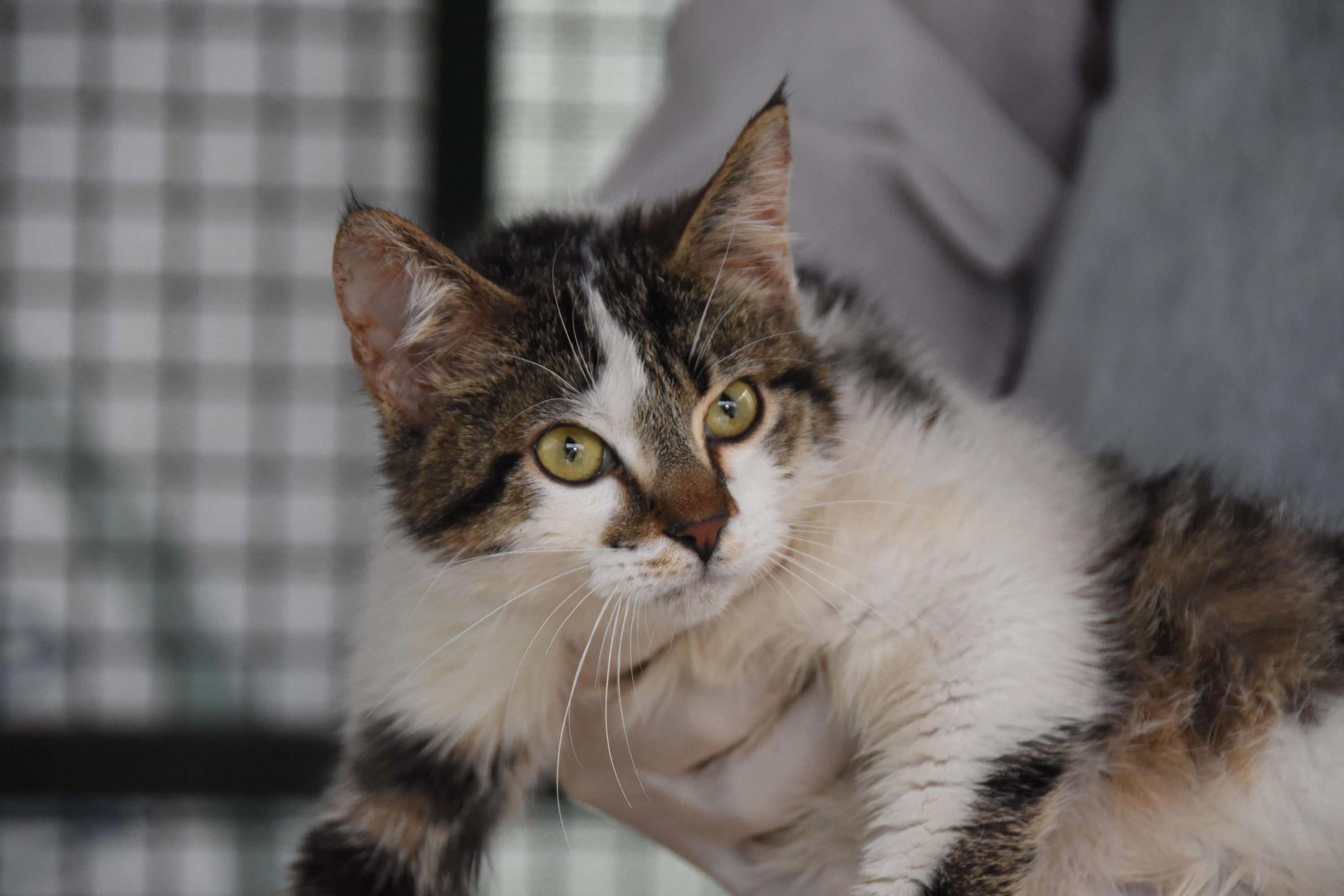
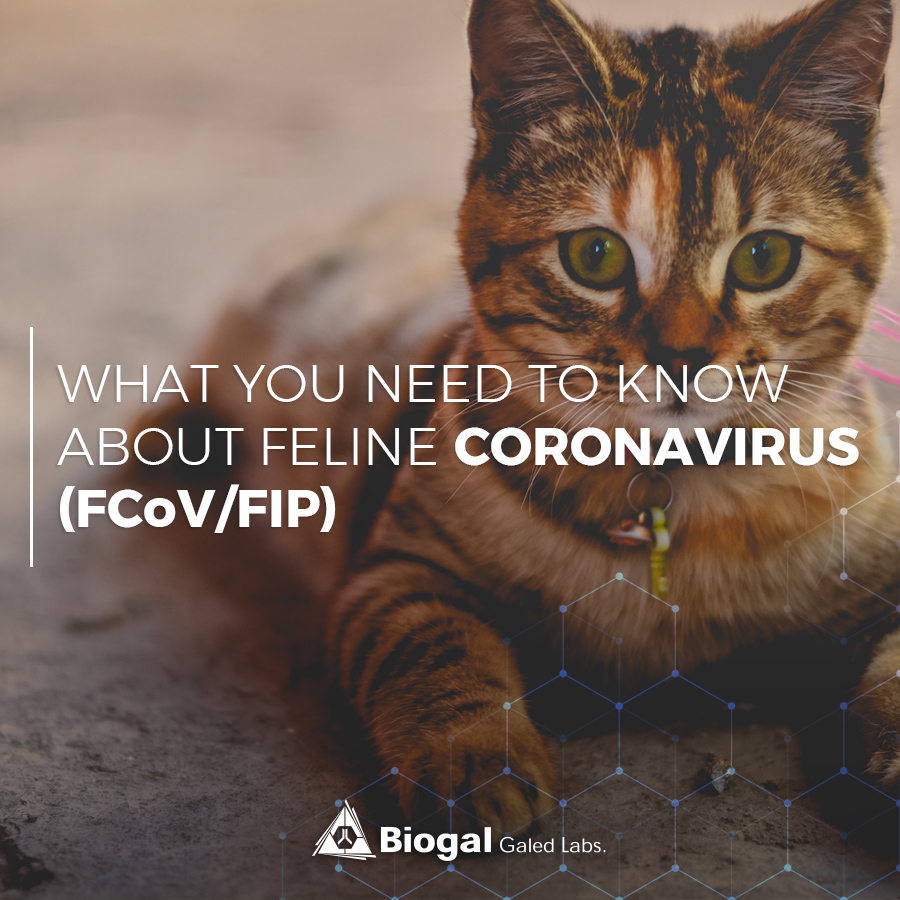
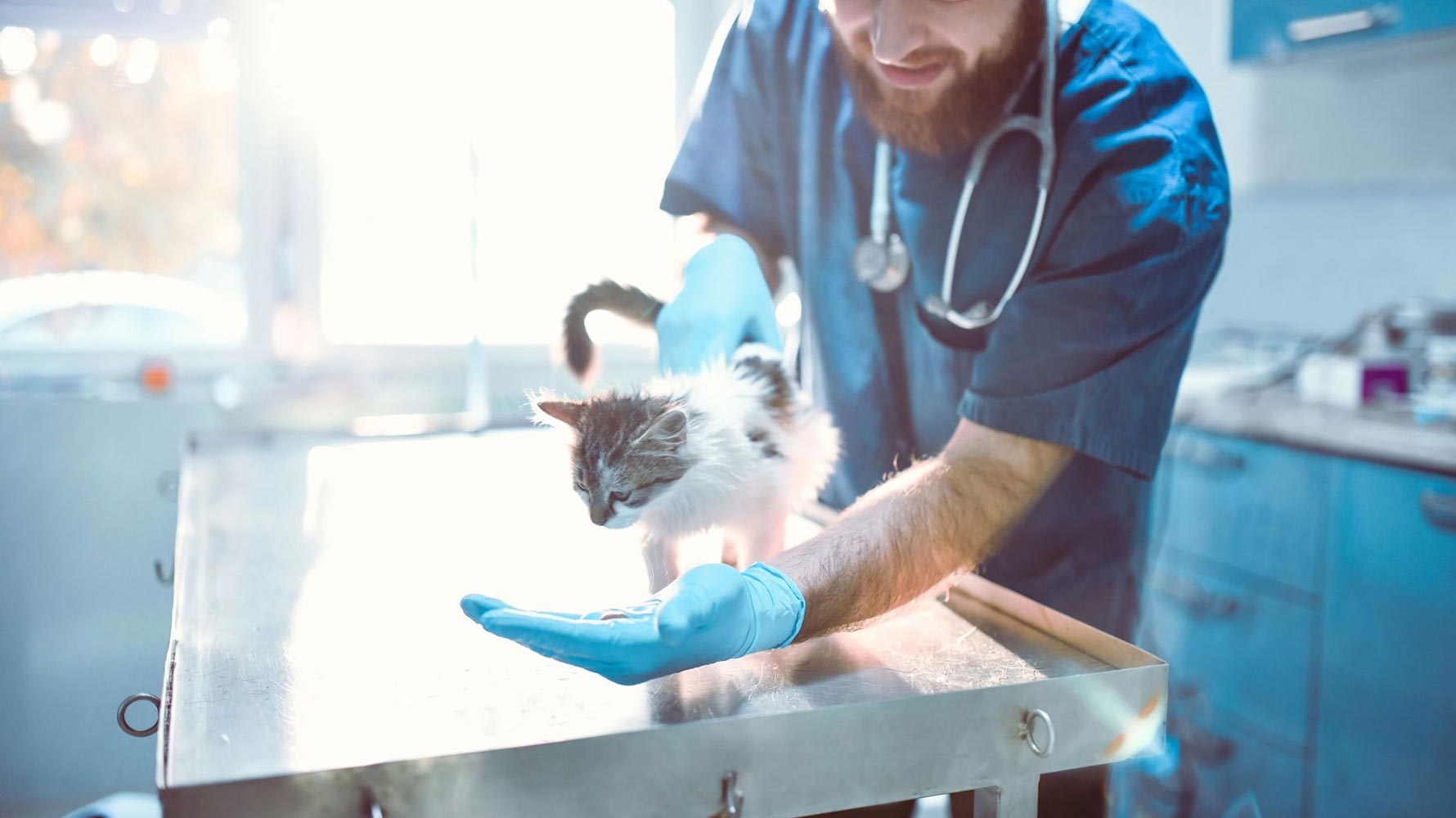
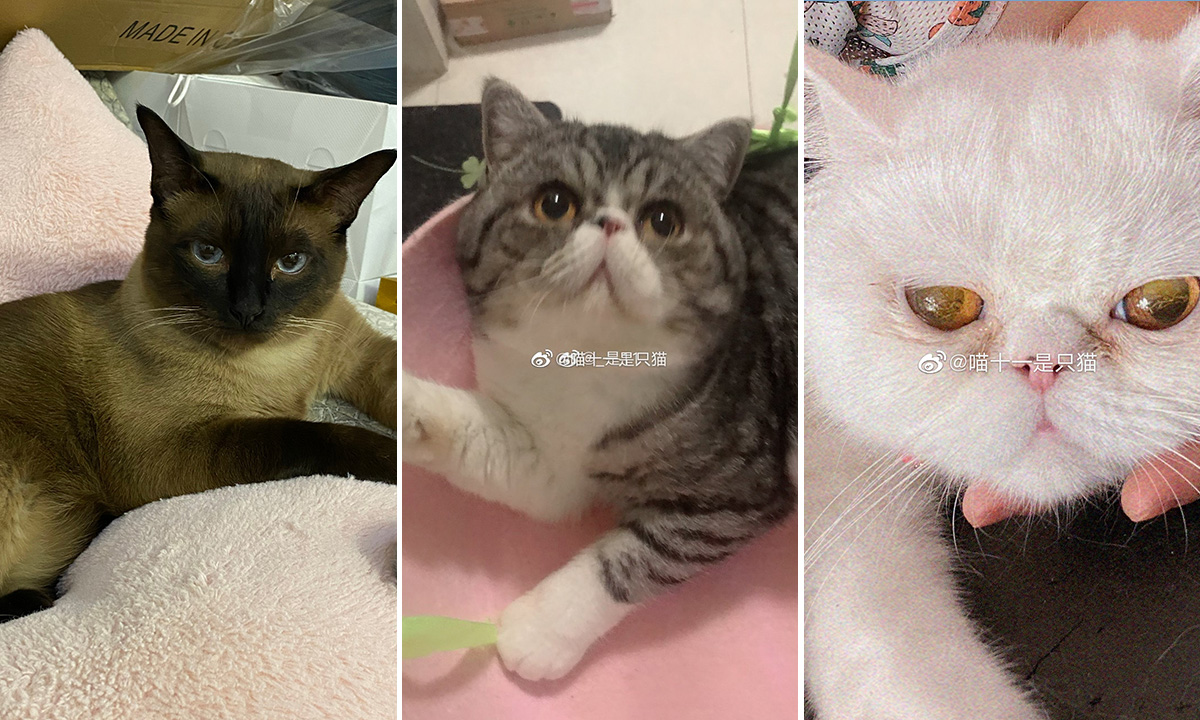
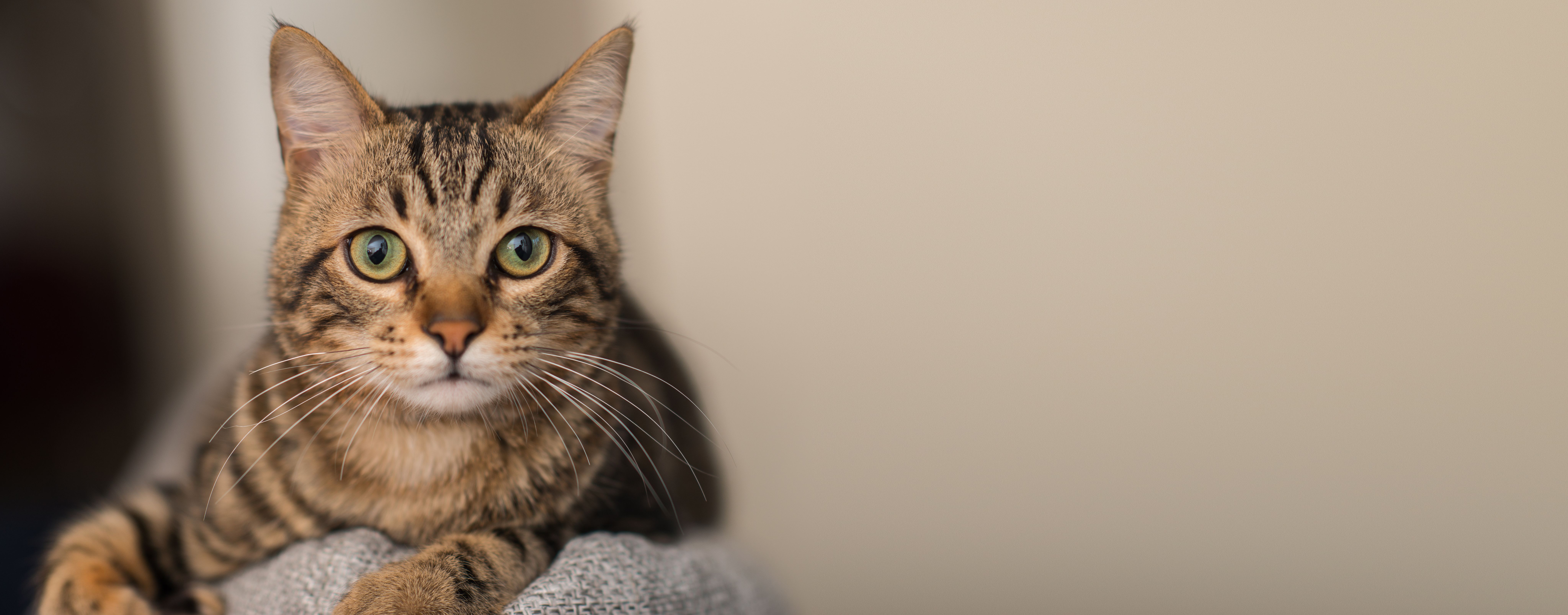
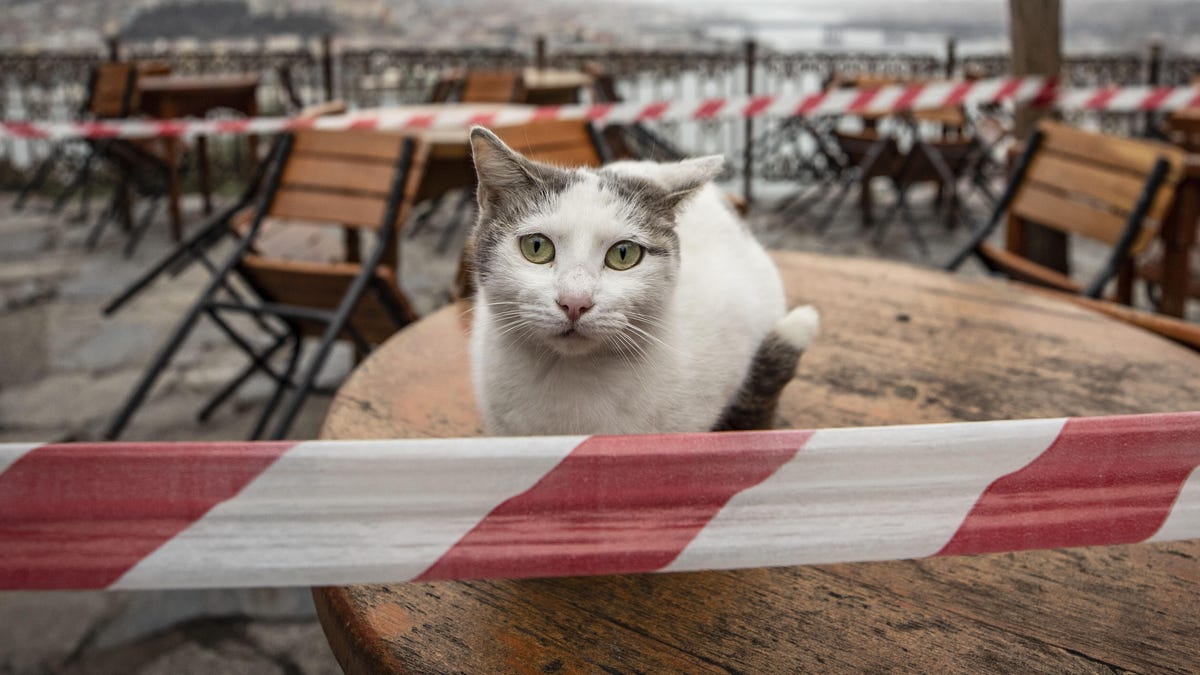
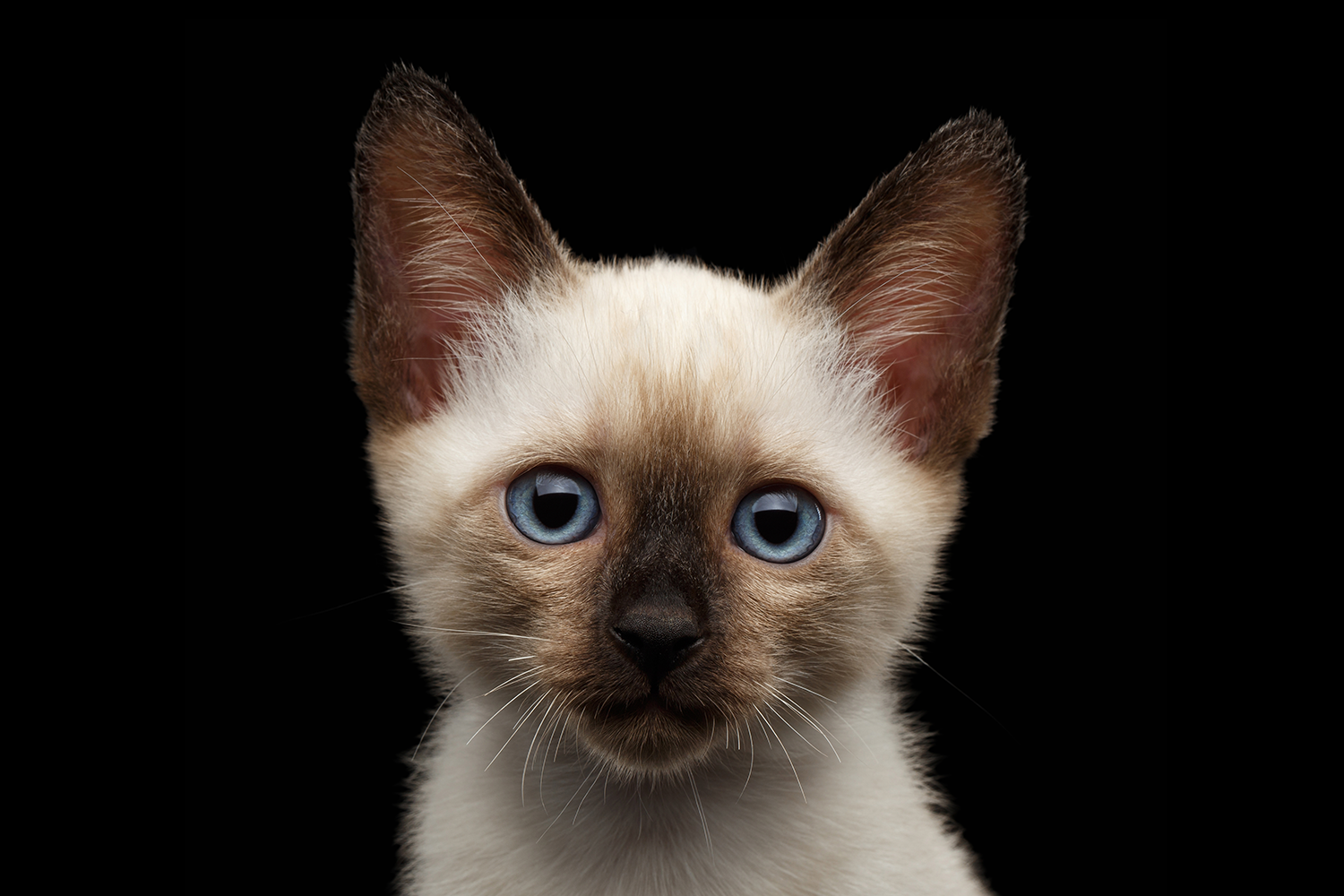

/GettyImages-972196936-c03294a9270b46ca96d5cf89e8b36f3b.jpg)
